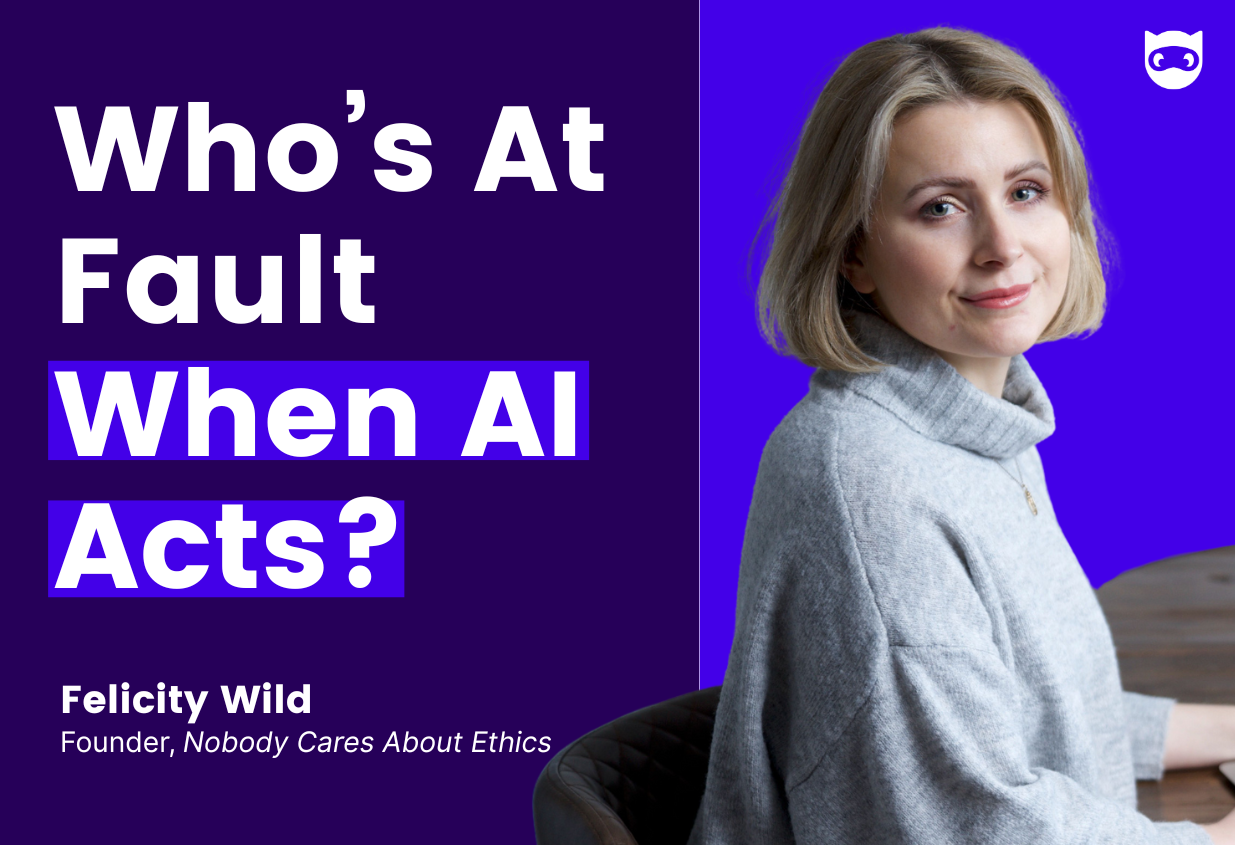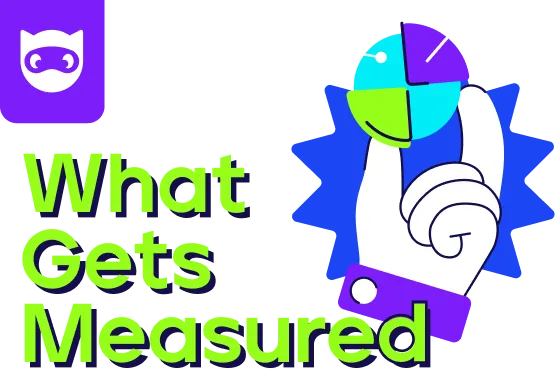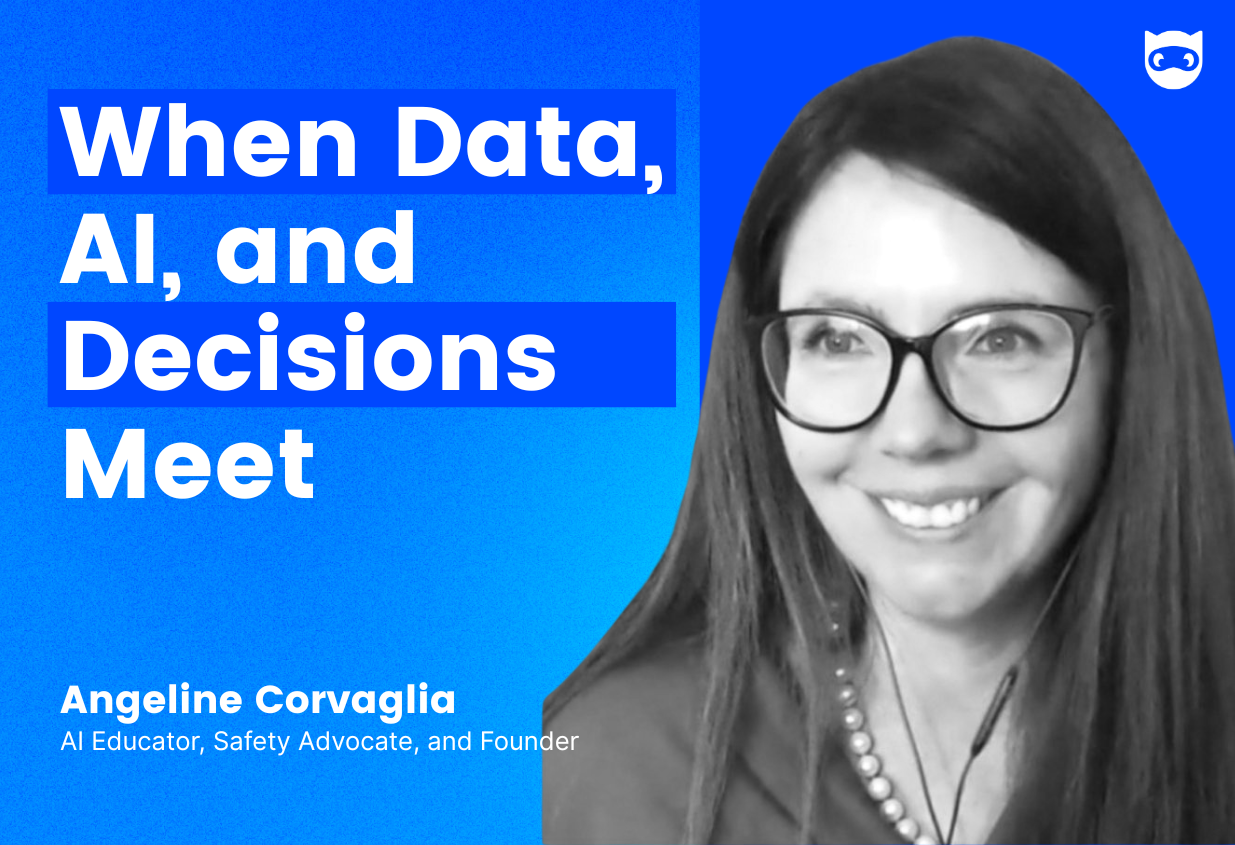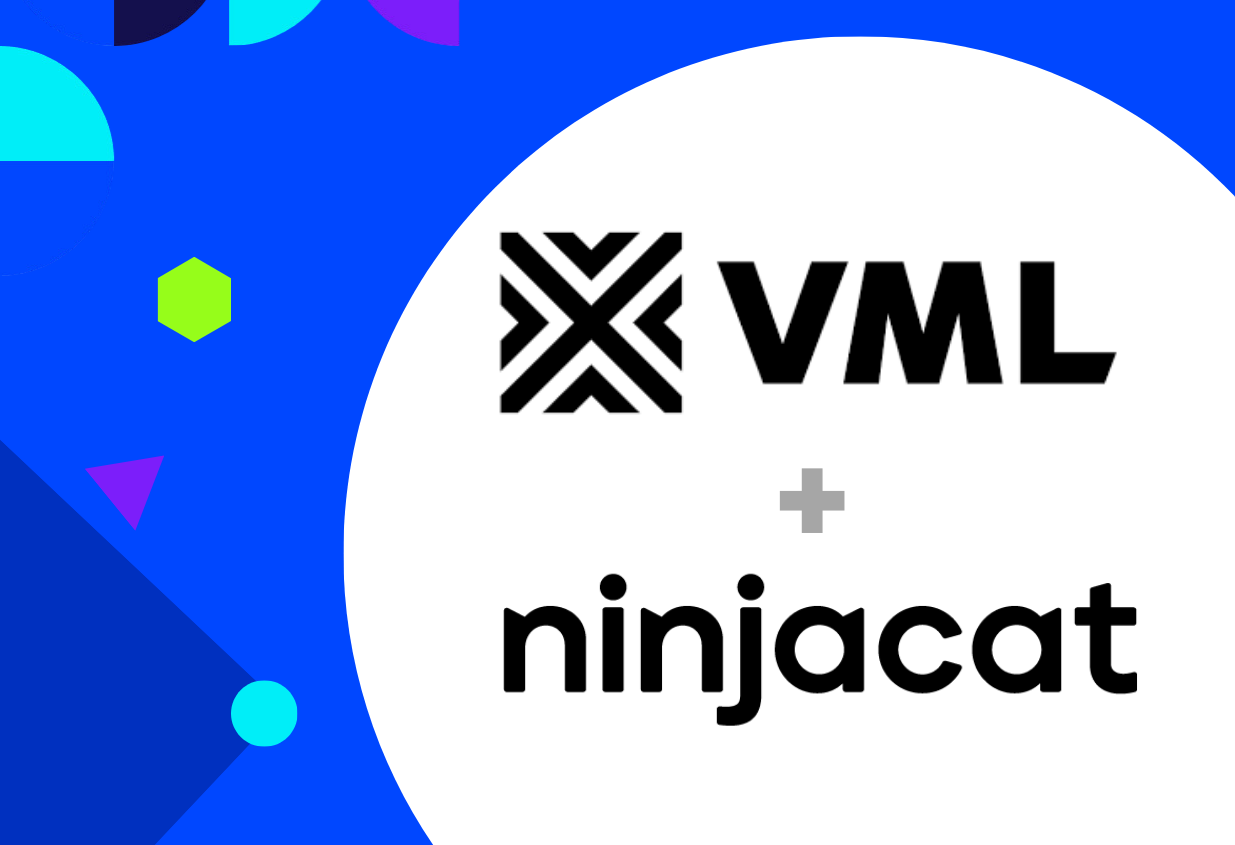Nobody Cares About AI Ethics

AI has become marketing’s new growth engine—running campaigns, generating creative, and optimizing spend at machine speed. But according to Felicity Wild, copywriter-turned–AI ethics educator and creator of Nobody Cares About Ethics, too many teams are embedding automation faster than they’re thinking about its consequences.
“AI ethics isn’t about slowing down progress, it’s a practical framework for better progress: progress that’s inclusive, transparent, and sustainable.”
For data-driven marketers and agencies, that means ethical concerns aren’t theoretical, they’re key to survival.
Ethics as Future-Proofing
Felicity describes AI ethics as an operational discipline, a way to get ahead of the regulation that’s coming for everyone.
“We’re moving from experimenting with AI into embedding it into workflows. There’s not much regulation yet, and that’s a risk, because a lot of those regulations will be built on ethical principles like fairness and privacy.”
In other words, ethics is how you build systems that won’t need to be torn apart later.
“Ethics is a form of future-proofing. Thinking through these decisions now means you’re not redoing them all over again when the law catches up.”
Keep Humans in the Decision Loop
Felicity warns about automation bias, the tendency to defer to algorithmic output, even when it’s incorrect or misguided. The risk isn’t just that we’ll start trusting the machine’s judgment over our own, but forgetting where decisions and considerations need to be made.
In marketing, that means knowing which calls still demand human review: creative direction, data access, and audience segmentation. Use AI to automate routine monitoring, not throw your brand voice or customer experience into auto-pilot.
“AI tools don’t care about your success in any meaningful way. They’re not earning their livelihood from your business or invested in its future—they just follow instructions. These tools are neutral, and that’s important to remember when deciding where human judgment belongs in the loop.”
Don’t Cut the Bottom of the Ladder
Efficiency gains often start by automating junior work—media reporting, QA, content drafts. But Felicity sees that as a dangerous shortcut.
Entry-level work isn’t just busywork, but how future strategists and creative leaders learn the business. When those foundational roles disappear, so does the path that develops judgment, context, and creativity.
“If you automate away those jobs, you lose the people who would’ve grown into your next leaders.”
Replacing junior talent with automation might deliver short-term efficiency, but it could strip the organization of long-term capability and culture.
Build Trust Like It’s a Metric
For Felicity, the real ROI of ethics in practice is trust. Customers want to know their data is handled responsibly. Teams want to know AI tools support their work, not replace it. Being transparent about both builds the kind of trust that sustains a brand.
“If you think ethics isn’t your job, is trust your job? Because ethics is the foundation of trust. Being open about how you use this technology is how you build it back—with customers and with your teams.”
In the end, having an ethical stance on AI isn’t simply about compliance, but staying credible when automation scales faster than human judgment.
“Every choice we make is a vote for the future that’s coming. We can’t wait for someone else to set the example. It has to be us.”
Listen now: Spotify | YouTube | Apple
Connect with Scott: LinkedIn | Website
Subscribe to What Gets Measured for more conversations like this.



.png)

